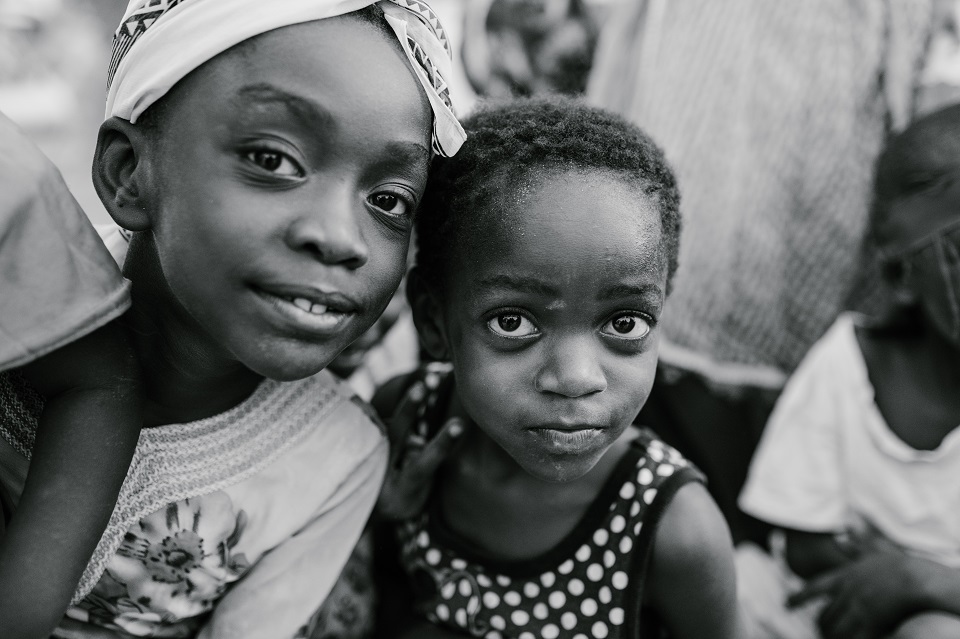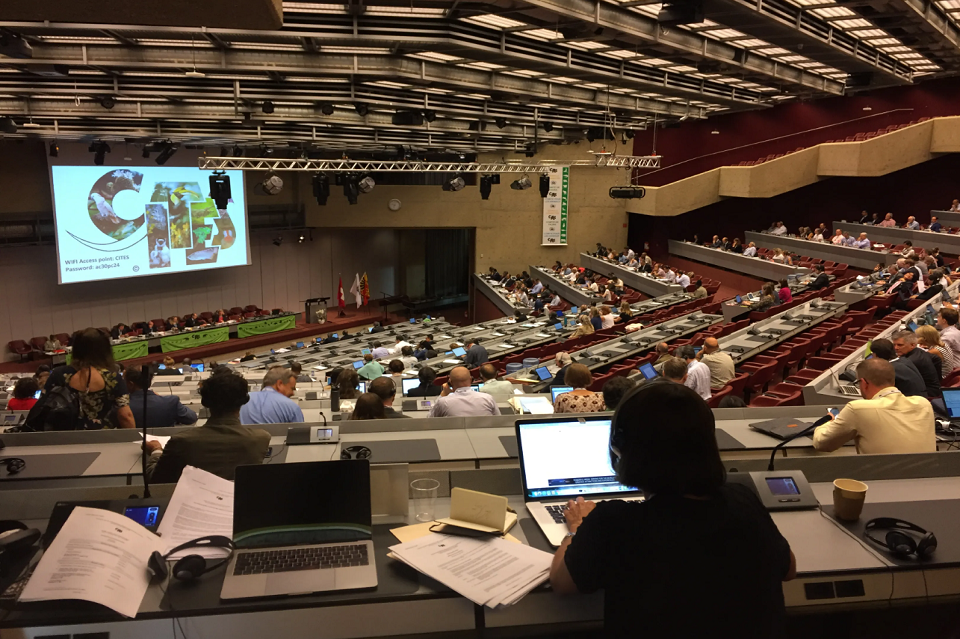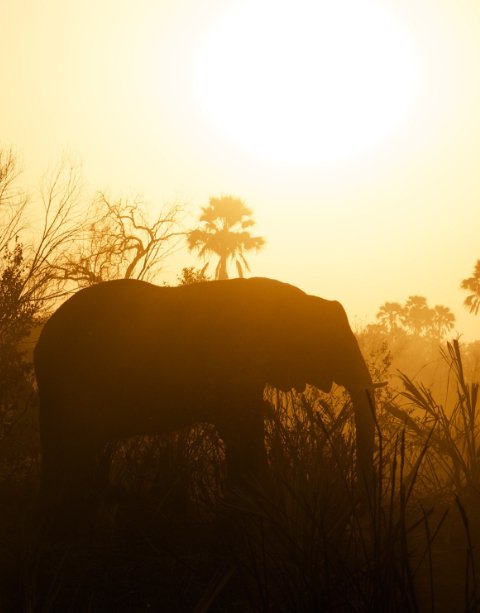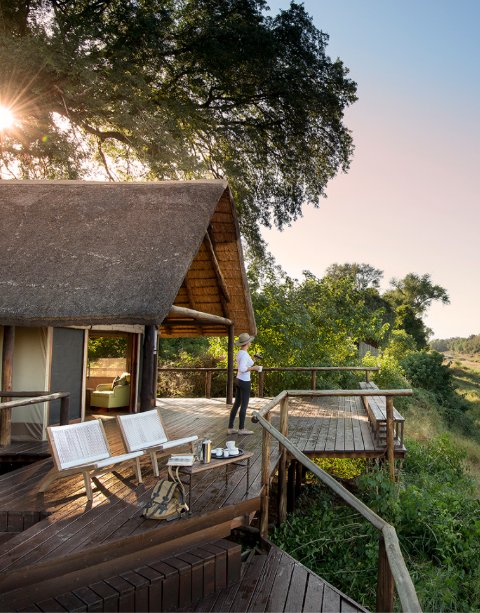African Parks is a non-profit conservation organisation that manages 19 national parks and protected areas covering over 14.2 million hectares in Angola, Benin, Central African Republic, Chad, the Democratic Republic of Congo, Malawi, Mozambique, the Republic of Congo, Rwanda, Zambia and Zimbabwe.
Jamma International is proud to be supporting African Parks with their sustainable approach to wildlife conservation, economic development and poverty alleviation to ensure that each park is ecologically, socially, and financially sustainable in the long-term.
Jamma International is proud to be supporting African Parks with their sustainable approach to wildlife conservation, economic development and poverty alleviation to ensure that each park is ecologically, socially, and financially sustainable in the long-term.















